Researchers have discovered that some bat species are capable of preying on vertebrates near their own size, defying the conventional understanding of predator-prey dynamics. A recent study published in Nature found that a fringe-lipped bat successfully captured and consumed a lizard, highlighting the adaptability and opportunistic nature of these flying mammals.
According to the study, the bat's success rate in capturing prey is relatively low, but its ability to adapt to various environments and prey on a wide range of species makes it a formidable predator. "This study shows that bats are not just insectivores, but can also be predators of small vertebrates," said Dr. Baier, lead author of the study. "This challenges our previous understanding of the ecological role of bats and highlights their importance in shaping their ecosystems."
The study's findings have significant implications for our understanding of predator-prey dynamics and the role of bats in their ecosystems. "Bats are often seen as small, insignificant animals, but this study shows that they can have a significant impact on their environments," said Dr. Smith, a wildlife biologist at the University of California. "This highlights the need for further research into the ecological role of bats and their importance in maintaining healthy ecosystems."
The study's authors suggest that the adaptability and opportunistic nature of bats may be due to their ability to fly and navigate complex environments. "Bats are able to fly and navigate through dense vegetation, which allows them to access areas that other predators cannot," said Dr. Baier. "This gives them a unique advantage in terms of finding and capturing prey."
The study's findings have also sparked interest in the potential for bats to be used as a model for understanding predator-prey dynamics in other ecosystems. "Bats are a fascinating example of how predators can adapt to their environments and prey on a wide range of species," said Dr. Johnson, a biologist at the University of Michigan. "This study highlights the importance of further research into the ecological role of bats and their potential applications in other fields."
The study's authors are currently working on further research into the ecological role of bats and their importance in maintaining healthy ecosystems. "We are excited to continue our research into the role of bats in their ecosystems and to explore the potential applications of our findings," said Dr. Baier. "This study is just the beginning of a larger conversation about the importance of bats and their role in shaping their ecosystems."
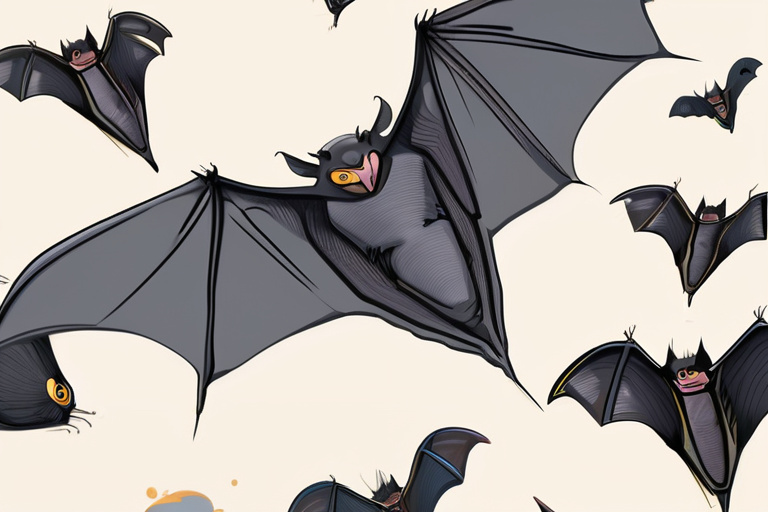


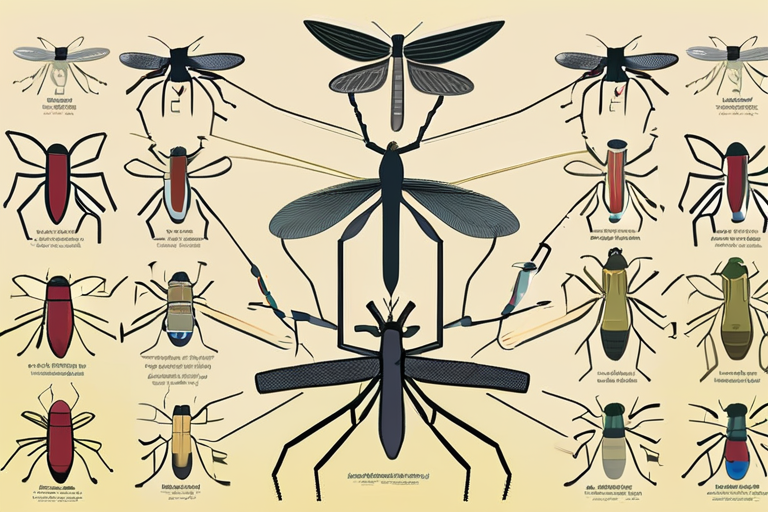
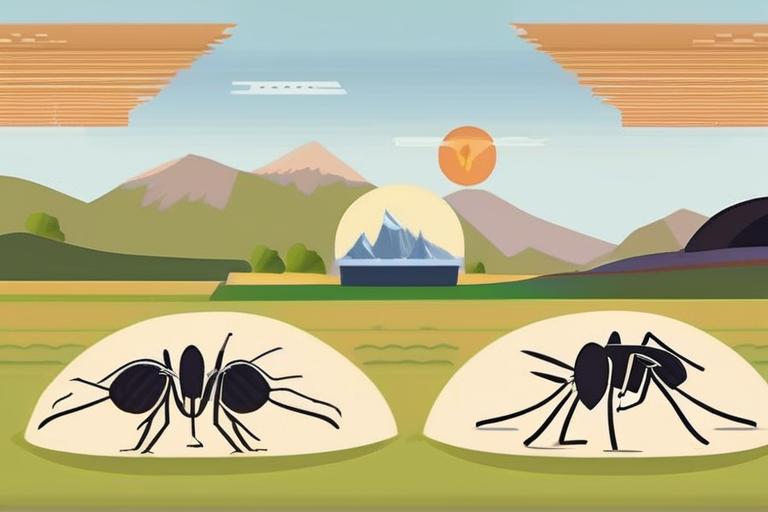

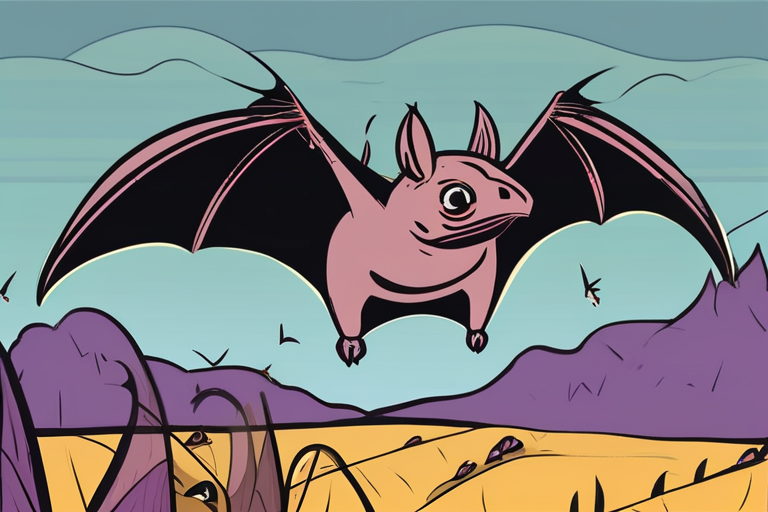



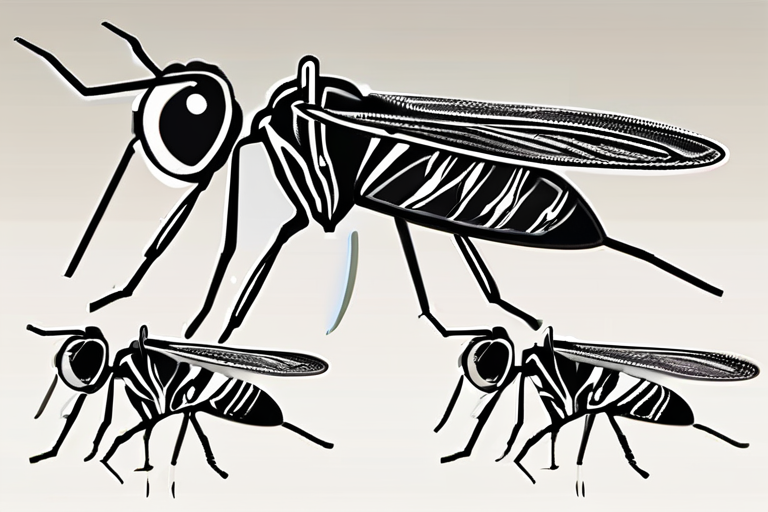



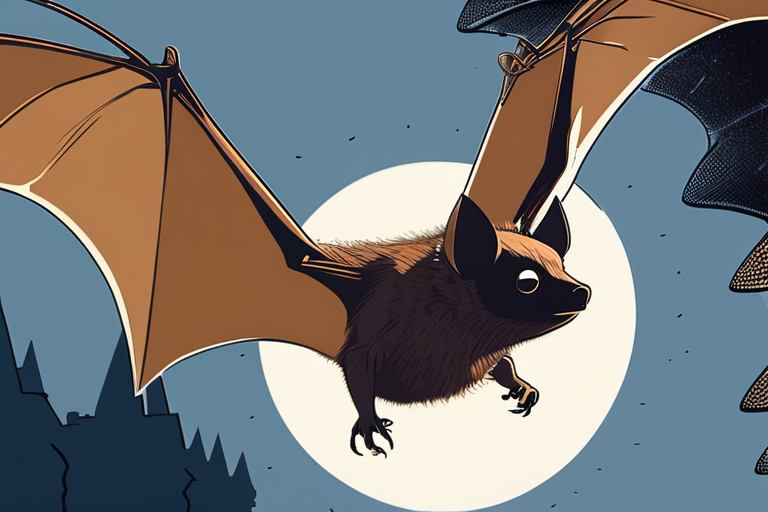


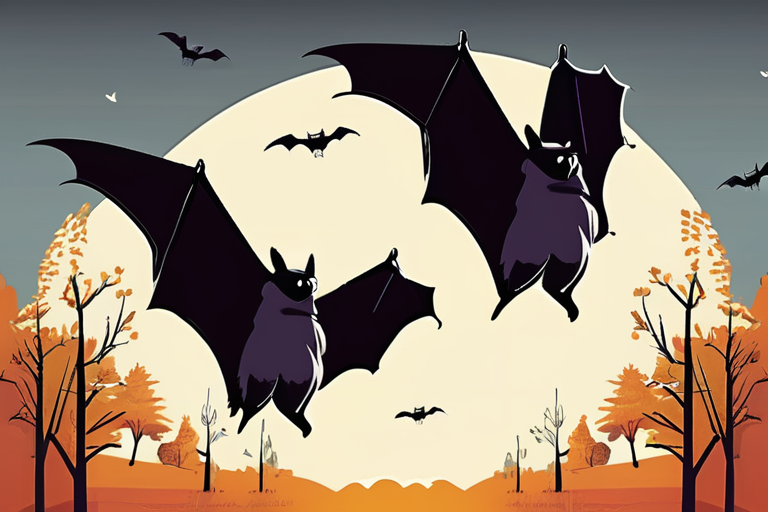

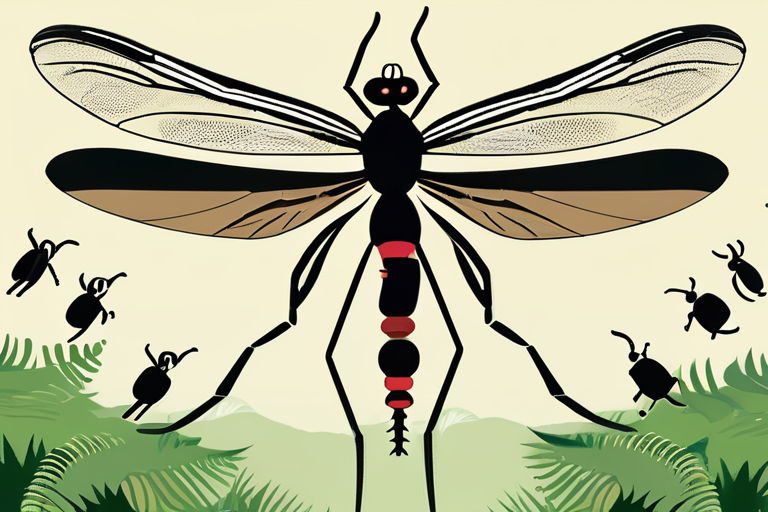

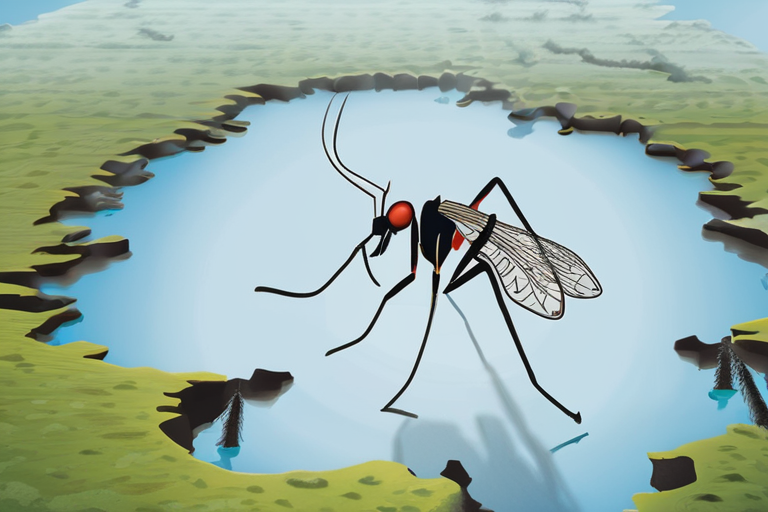
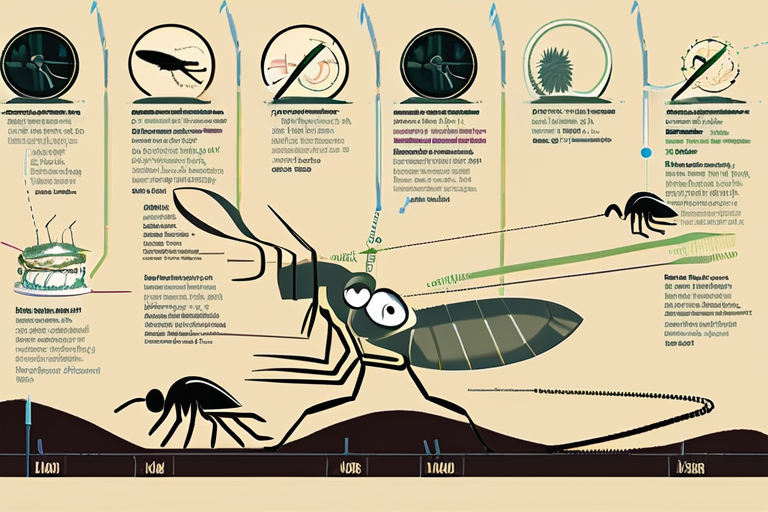


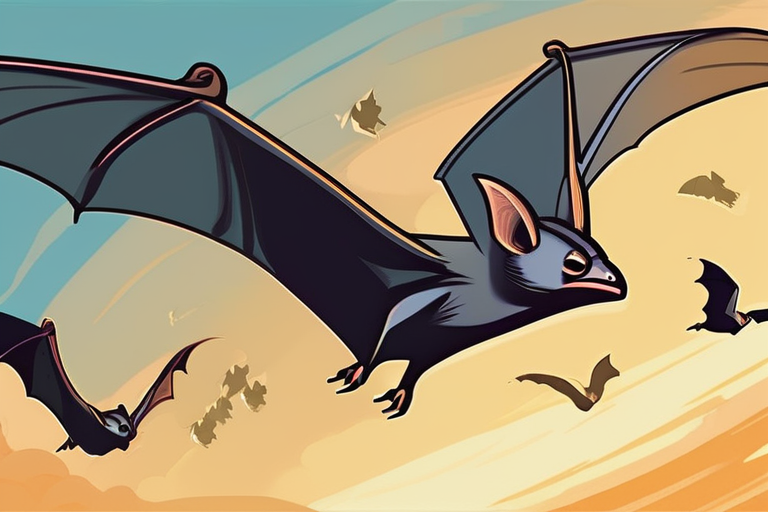

Share & Engage Share
Share this article